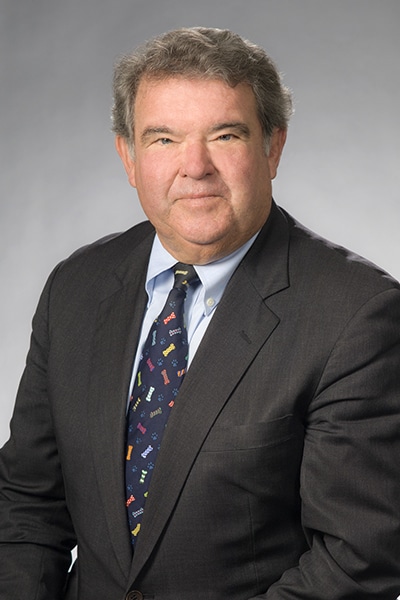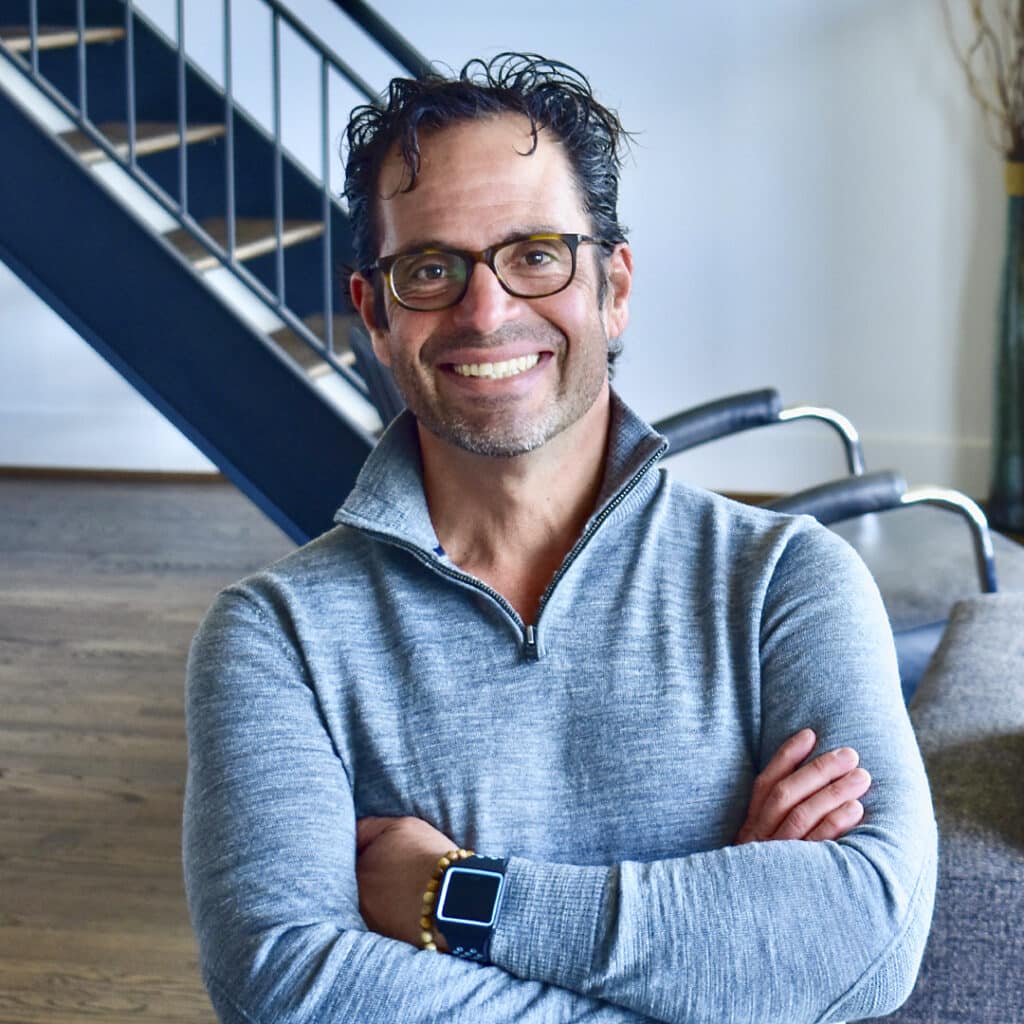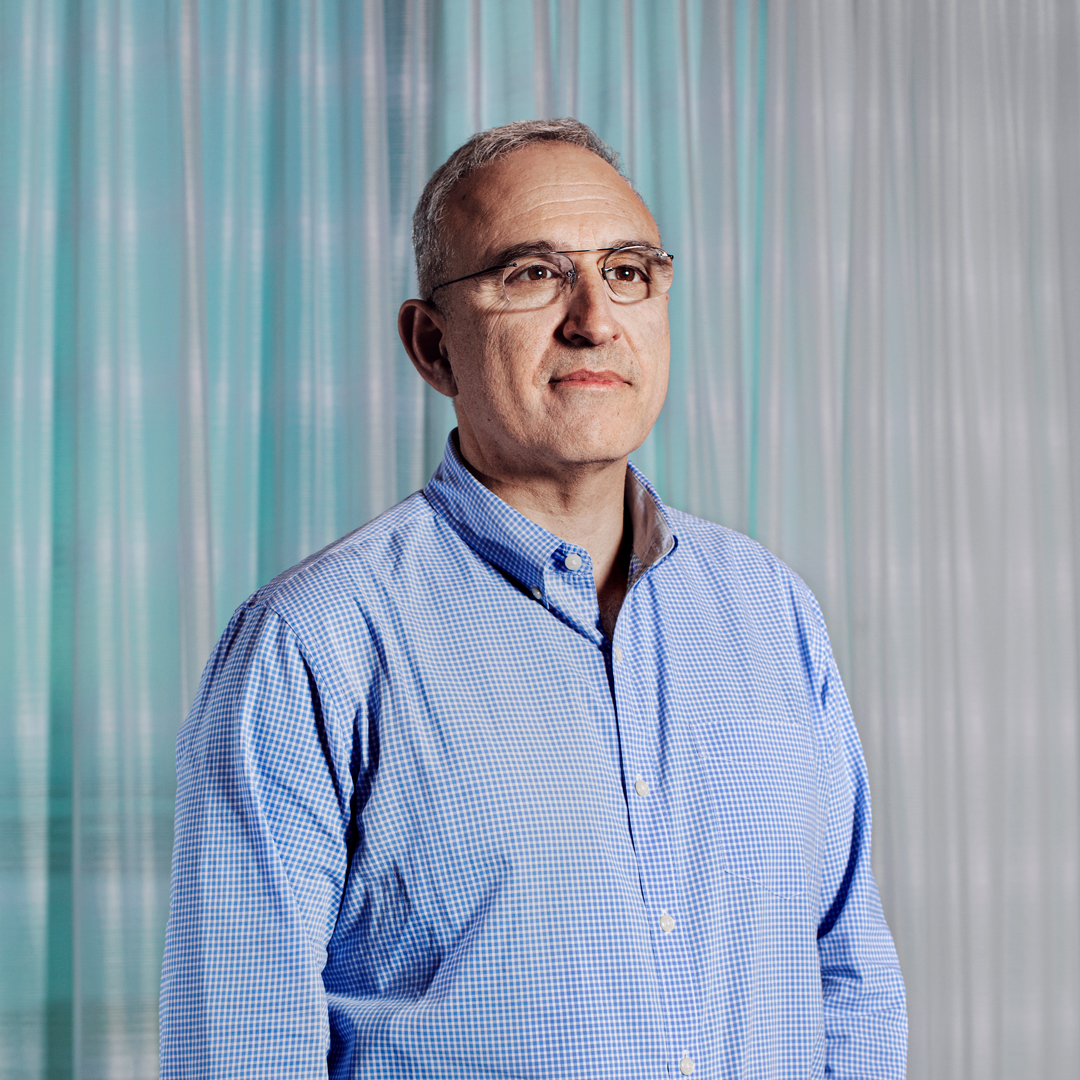|
Getting your Trinity Audio player ready...
|
Adolfo Garcia does not hesitate to call himself a dinosaur. He proudly dons the title, earned through the forty-six years he has put into international business law since launching his career in 1974. “There are few things I have not seen,” Garcia says of the legal industry.
Garcia initially found himself working in law through a process of elimination. “I am not smart enough to be an engineer,” he says, laughing, of the profession his parents wanted him to pursue. “Some of us thought that law was a good general education, a way towards reform.” Now, he understands that law is very specialized—and, if he had it to do over again, Garcia says he would actually steer away from a field that puts him in an advisory role and follow a path that leads to more direct decision-making: business.
This interest in business, however, means that Garcia offers clients a unique perspective. “Part of my success,” he says, “is that, deep down, I am a business person clothed in a lawyer’s suit. I have great chemistry and synergy with business people. I understand what they need and what the law can do for them.” Garcia not only assesses risk for his clients but also advises them on what he would do in a situation. Seeing himself as a true asset to business development, Garcia says, “I am active in planting seeds.”

Now a partner at Boston-based law firm Brown Rudnick, Garcia leverages his business acumen, as well as his experience with diverse cultures and jurisdictions, in his work across western Europe, Argentina, Chile, Columbia, Mexico and Cuba.
Though Garcia claims he was not smart enough to be an engineer, he has proved smart enough to evolve in the changing landscape of corporate law. “You have to adapt,” he emphasizes. “The world changes. You have to respond.” He explains that, when he started, the general advisor role played much more prominently. During his career he has watched “hyper-specialization” become the norm, from corporate real estate to intellectual property. And while lawyers now practice in specific spaces, “industries were fungible” in the past, he says.
“As I get older, the world has shrunk,” Garcia reflects. “When I started in 1974, the majority of work was domestic.” Legal work was geo-specific, he explains. Chicago firms, for example, were Chicago firms, overseeing cases specific to the region. Over the course of his career, Garcia witnessed a systemic shift to a more global approach. And now, though specialization is the norm, he sees globalization resulting in international—or even intercontinental—components in most major significant matters.
Entering corporate law on the international side, Garcia has had an advantage even as the profession has shifted. His decision to work in international law stemmed from a long-standing interest in other countries, systems, and cultures—an interest that influenced his decision to pursue his JD at Georgetown, where he could focus on international law.
Today, Garcia has stayed true to himself and his passions, by not only working in international law but also bucking the specialization trend and running a diverse practice at Brown Rudnick. At any one time, Garcia might be representing various clients seeking counsel on a buyout M&A transition, succession and inheritance issues, a joint venture, international personal property, or international development around green plastics.
To remain prepared to respond to such a diversity of needs, Garcia says, “I read a lot.” He knows the importance of staying relevant. However, he also knows that, for some elements of law, “I don’t need to know specifics. I need to know where to go to get support, and I have a tremendous network of colleagues and experts to consult with.”
After a career leading international work at several large firms, including McDermott Will & Emery and Ropes & Gray, Garcia is happy to have spent his last eight years at Brown Rudnick. With more than 250 lawyers and only two foreign offices, Brown Rudnick provides a less siloed experience than other firms, Garcia says. “I value knowing the people I work with and being able to manage the relationships,” he explains.
The firm may be on the smaller side, but Garcia’s plans are not. “I still have mountains to climb,” he says. He wants the chance to climb and conquer those mountains, a range he sees rising through his business life as he helps clients navigate the peaks and valleys of a globalizing world.
Related Links
Omar Galan Deploys His Air Force Training at United Community Bank

